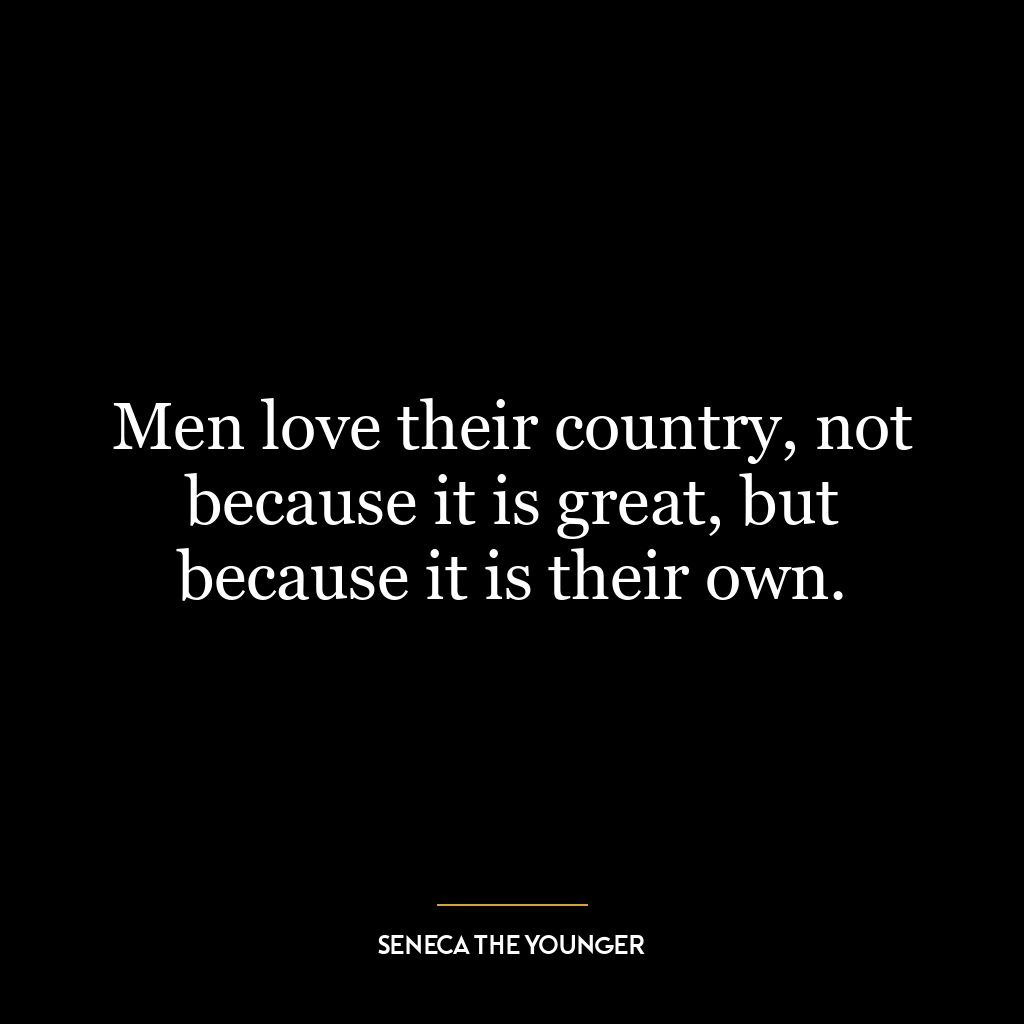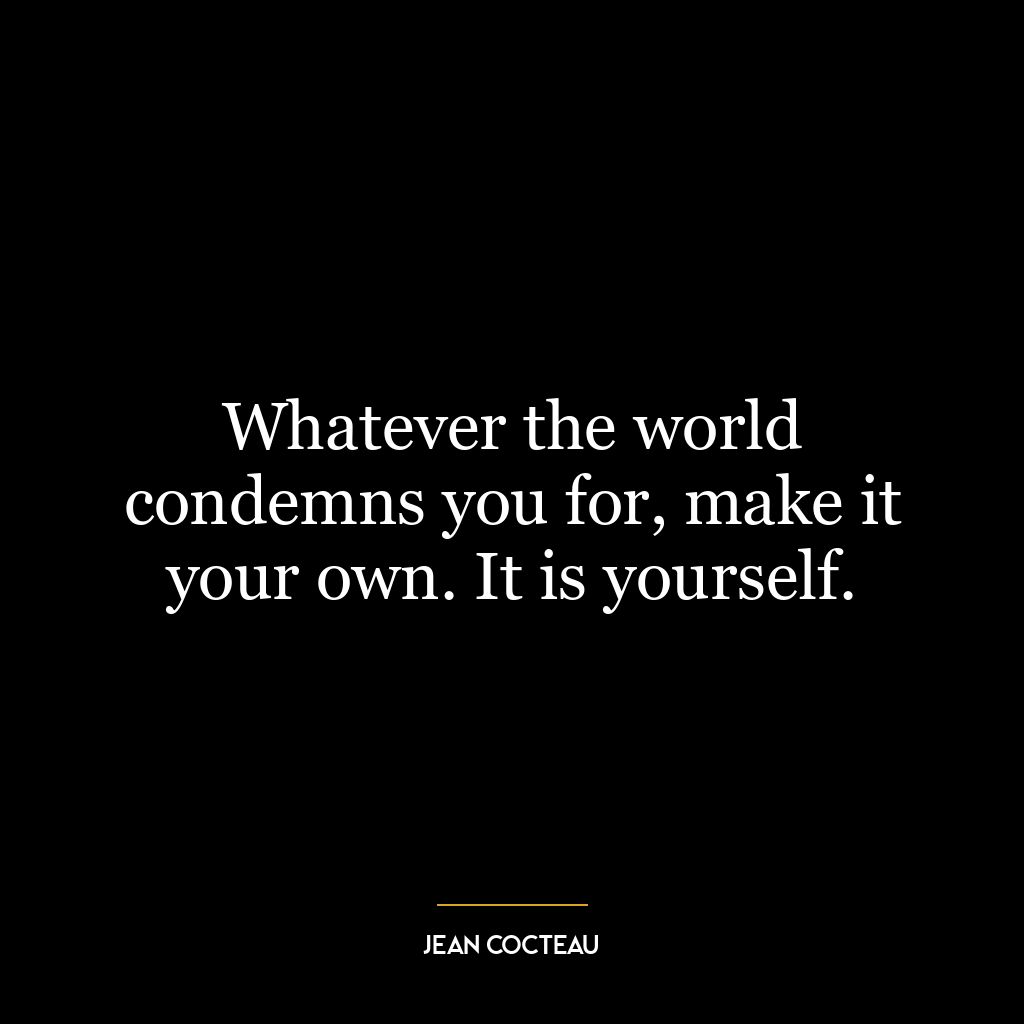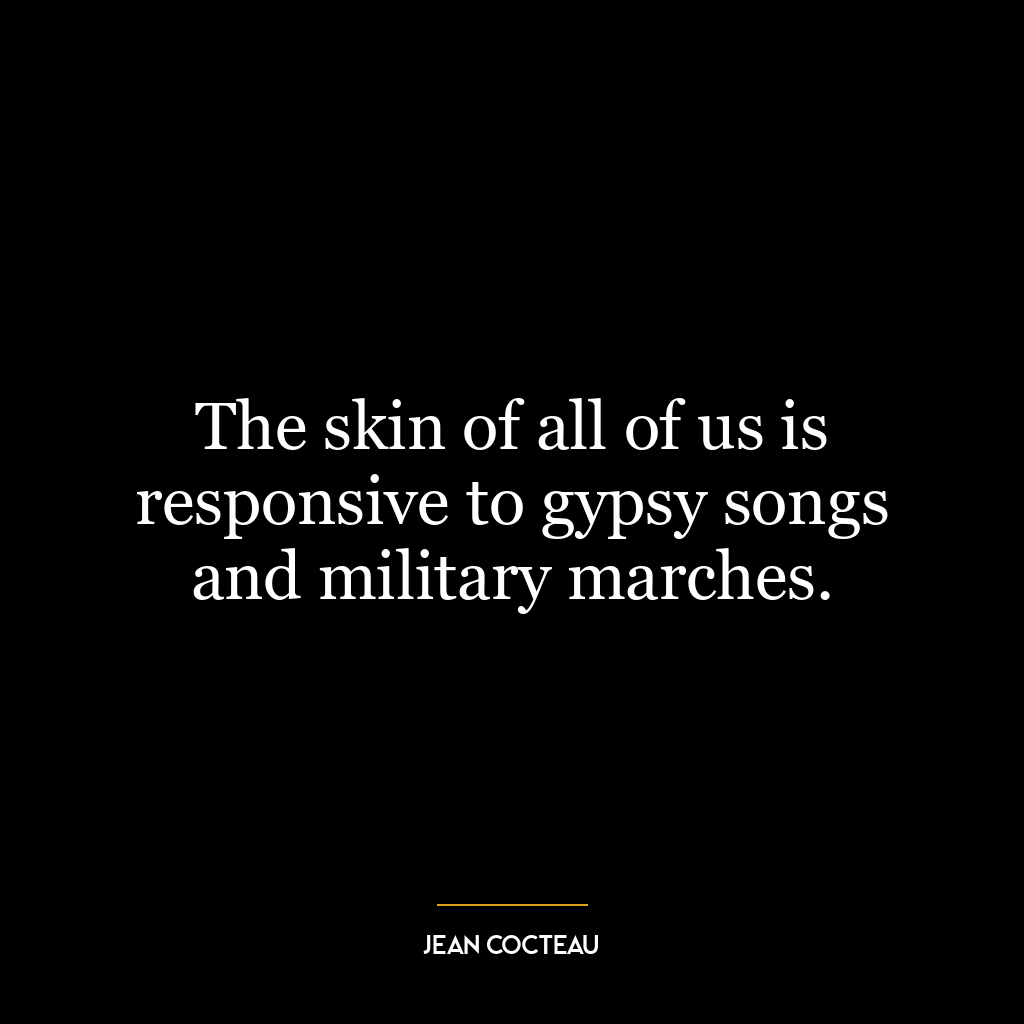Men love their country, not because it is great, but because it is their own.
This quote encapsulates the deep emotional bond that individuals often feel towards their homeland, irrespective of its global standing or power. The essence of the quote is that the love for one’s country doesn’t stem from its greatness, wealth, or power, but rather from a sense of ownership and belonging. It’s the emotional attachment and personal connection that fuels this love, not the objective assessment of the country’s status or achievements.
Applying this quote to personal development, it’s a reminder that value and worth should not be based solely on external validation or achievement. Much like the love for one’s country, self-love and self-worth should come from within, from acknowledging and accepting oneself as they are. It’s about owning one’s strengths and weaknesses, successes and failures, and loving oneself not because of external achievements, but because one is uniquely their own.
In today’s world, this quote could be applied to the concept of nationalism. In an era where countries are often ranked and compared based on various metrics like economy, military strength, or quality of life, the quote is a reminder that the love of a citizen for their country is not dependent on these rankings. It’s a call for unity and understanding, emphasizing the importance of personal connection and shared experiences over external achievements or recognition. It suggests that the strength of a nation lies not in its global standing, but in the love and unity of its people.















